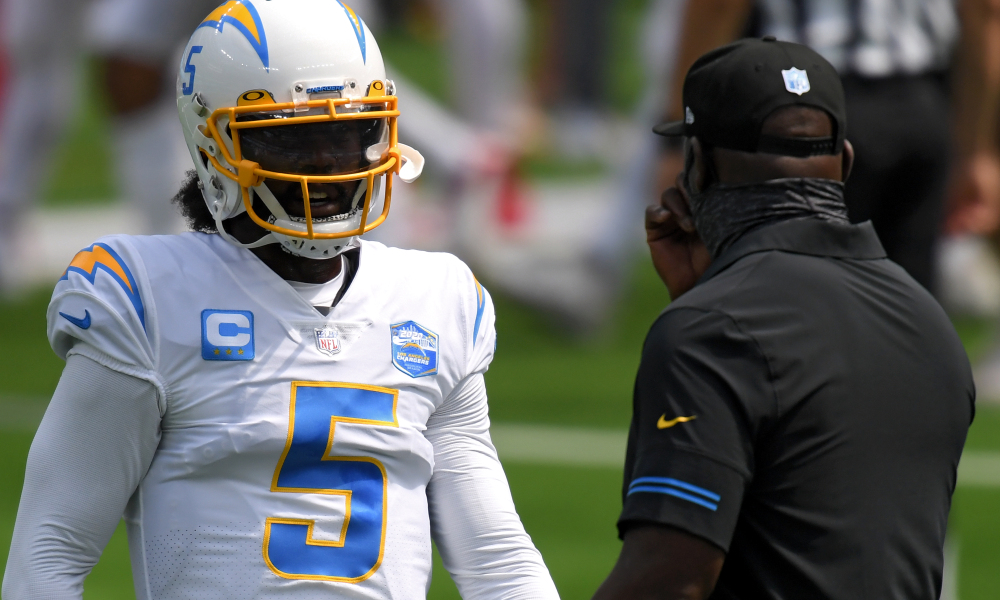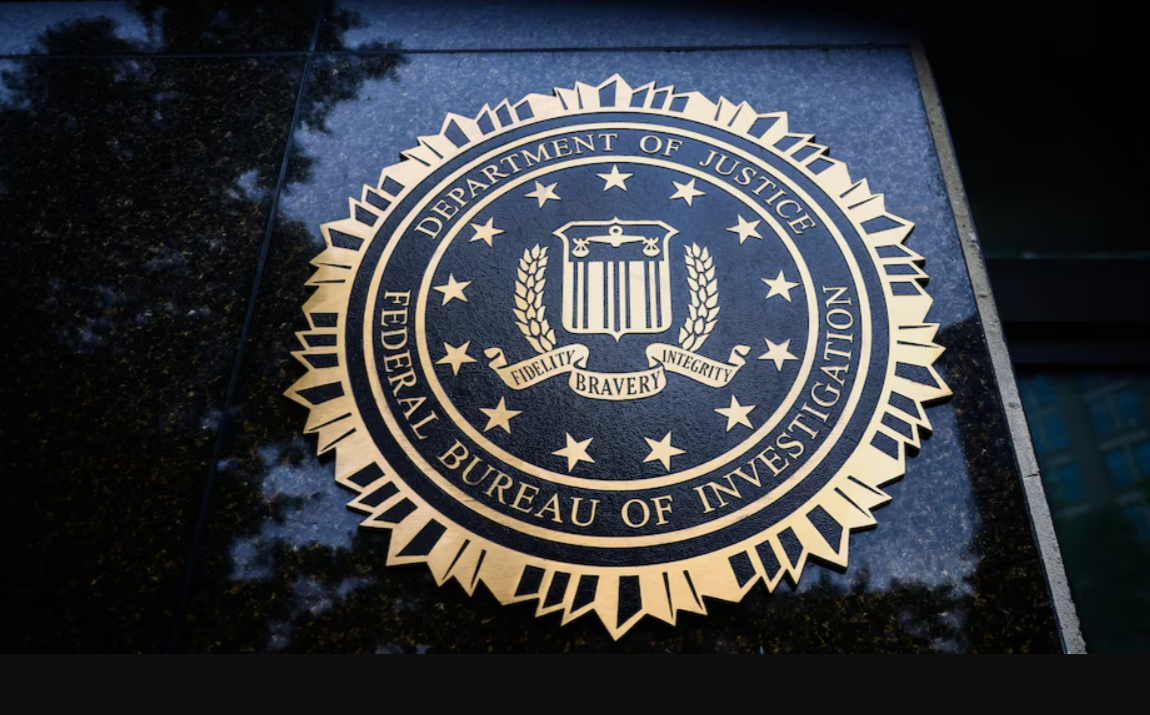(ThyBlackMan.com) Oftentimes, when racism gets discussed is on the individual level when a person says something that would be considered racist or a person intentionally treats someone badly due to their race. One of the more forgotten parts of systematic and institutional racism is racism in health care. Unsurprisingly, Black people receive worse health care on average than their white counterparts. According to the National Academy of Medicine, “racial and ethnic minorities receive lower-quality health care than white people—even when insurance status, income, age, and severity of conditions are comparable.” It was a major National Football League headline back in September 2020 when Los Angeles Chargers quarterback Tyrod Taylor, who is Black, got his lung accidentially punctured when a Los Angeles Chargers team doctor attempted to administer a pain-killing injection to the quarterback’s cracked ribs. This shocking development could be viewed as a mistake or an example of medical racism based on your view.
In professional sports, it is not unusual for athletes to receive pain-killing injections. It is less unusual in the high-collision, physically painful sport of football. The injection that Taylor received carries a risk because a doctor injects without seeing where the needle is going. According to sources told to ESPN, it is rare that a player suffers a punctured lung from the injection, especially right before kickoff. It is unclear whether Tyrod Taylor consented to the injection beforehand knowing whether a punctured lung was one of the risks associated with the pain injection. The NFL Players Association did start an investigation into the incident.

It is possible that Tyrod Taylor fell victim to a similar circumstance that so many Black Americans due regarding health care. Although doctors take an oath to treat all patients equally,that is not the case especially for Black patients. There are a lot of factors as to why that is the case and one of the bigger ones are longstanding myths about Black people including that “Black people have thicker skin or less sensitive nerve endings than white people”. Half of medical trainees surveyed in 2016 held one or more such false beliefs. There are also big disparities in how those in the medical field administer pain medication and pain treatment of Black people due to implicit biases that care providers don’t even know they have. One of the biggest examples in recent memory of how unequal pain treatment for Black people occurs is when tennis legend Serena Williams nearly died while giving birth to her daughter as chronicled in her documentary back in 2018.
The case of Tyrod Taylor is very interesting. The Los Angeles Chargers had a vested interest in keeping him healthy and on the playing field as the starting quarterback on the team. In an era of young Black quarterbacks in the National Football League, Taylor found himself as one of the veteran quarterbacks. He was also voted as a team captain, which shows how respected he is among his teammates. His punctured lung will keep him from playing football indefinitely and he must determine whether his situation cause for potential litgation or was it just a case of medical malpractice. Medical malpractice happens to all racial groups. Doctors and physicians will make mistakes because they are human. However, they must always remember the humanity of all of their patients, especially their Black patients.
Staff Writer; Mark Hines

















Leave a Reply